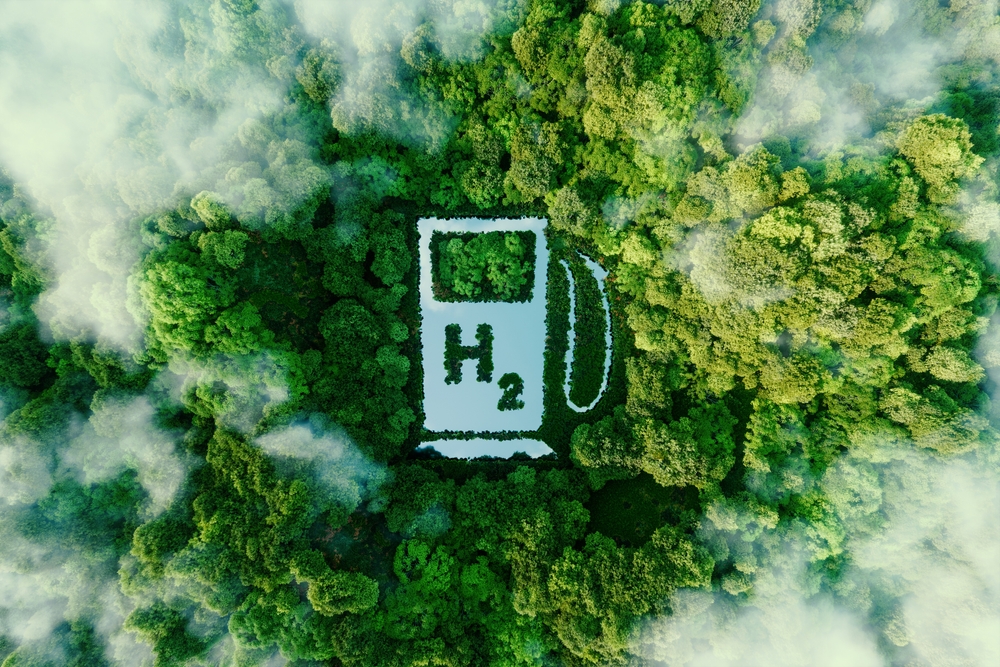Riding the Wave of Hydrogen Fuel Cell Technology in Cars
Introduction: Imagine a world where your vehicle emits only water, not harmful greenhouse gases. This scenario is not a distant dream but a present reality with hydrogen fuel cell vehicles. Unravel the intricate workings and potential of this trailblazing technology.

A Glimpse into the Past: The Birth of Hydrogen Fuel Cells
The concept of hydrogen fuel cells isn’t new. Sir William Grove, a British scientist, introduced the idea in 1839. However, it wasn’t until the mid-20th century during the space race that fuel cells gained prominence, used as a power source in spacecraft.
The Mechanism: How Hydrogen Fuel Cells Work
Comprising an anode, cathode, and electrolyte membrane, a fuel cell works by passing hydrogen through the anode and oxygen through the cathode. At the anode site, the hydrogen molecules split into electrons and protons. The protons pass through the electrolyte membrane, while the electrons are forced around a circuit, generating an electric current and excess heat.
The Shift: Hydrogen Fuel Cell Cars in Today’s Market
Several automakers like Toyota, Honda, and Hyundai are pioneering hydrogen fuel cell vehicles (FCEVs). Toyota’s Mirai, Honda’s Clarity, and Hyundai’s Nexo are setting benchmarks in the industry. These vehicles offer advantages like quick refueling times and long ranges, making them competitive with traditional internal combustion engines.
The Impact: Benefits and Challenges of Hydrogen Fuel Cell Cars
Hydrogen fuel cells are highly efficient and emit only water, making them eco-friendly. However, challenges persist. Hydrogen gas is highly flammable, and its storage and transportation raise safety concerns. Additionally, producing hydrogen is energy-intensive and often relies on natural gas, negating some of its environmental benefits.
The Future: What Lies Ahead for Hydrogen Fuel Cell Technology
With advancements in technology and infrastructure, the role of hydrogen fuel cell cars is set to grow. Governments worldwide are investing in hydrogen infrastructure, while researchers are exploring safer and greener methods to produce hydrogen. The future of hydrogen fuel cell vehicles, while challenging, holds much promise.
In conclusion, hydrogen fuel cell technology presents an exciting shift in the automotive industry, offering a clean yet powerful alternative to fossil fuels. As this technology continues to evolve, it could play a pivotal role in shaping a sustainable future. As always, the challenge lies in balancing technological innovation with environmental consciousness and safety.




